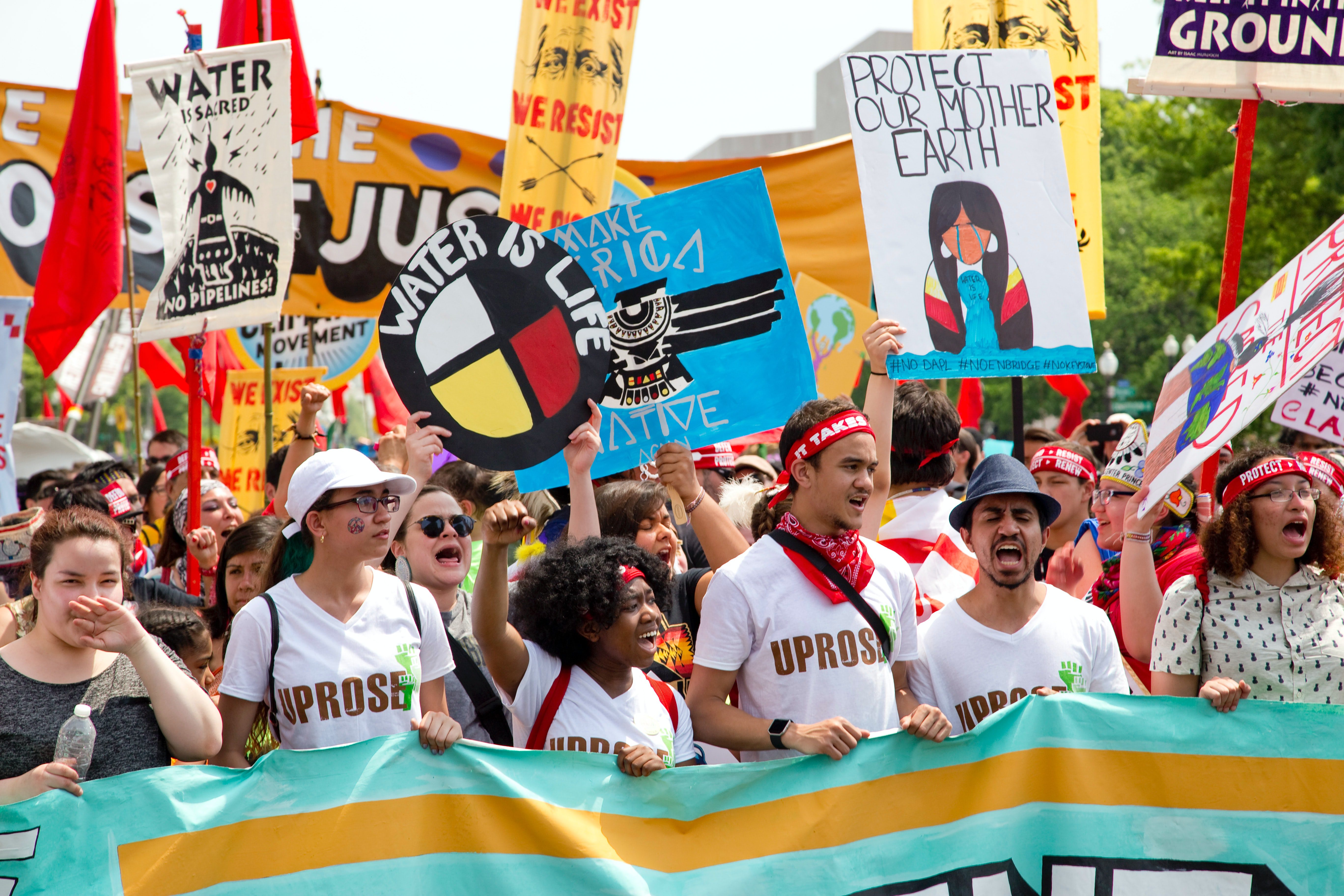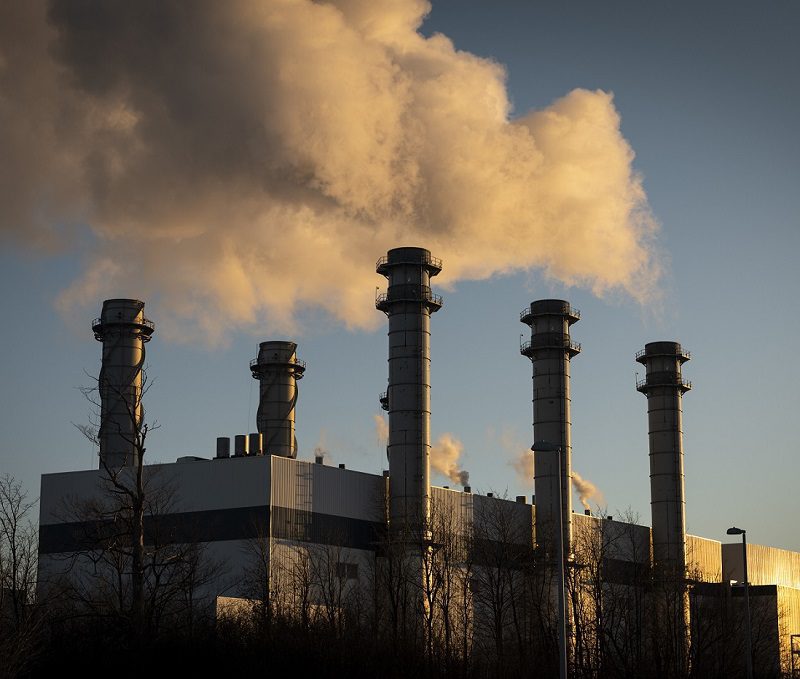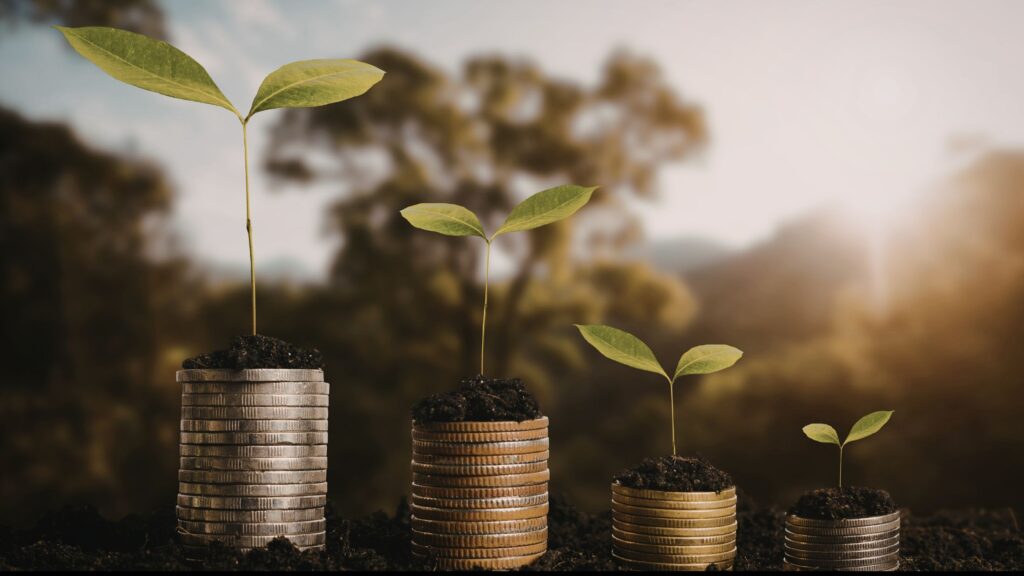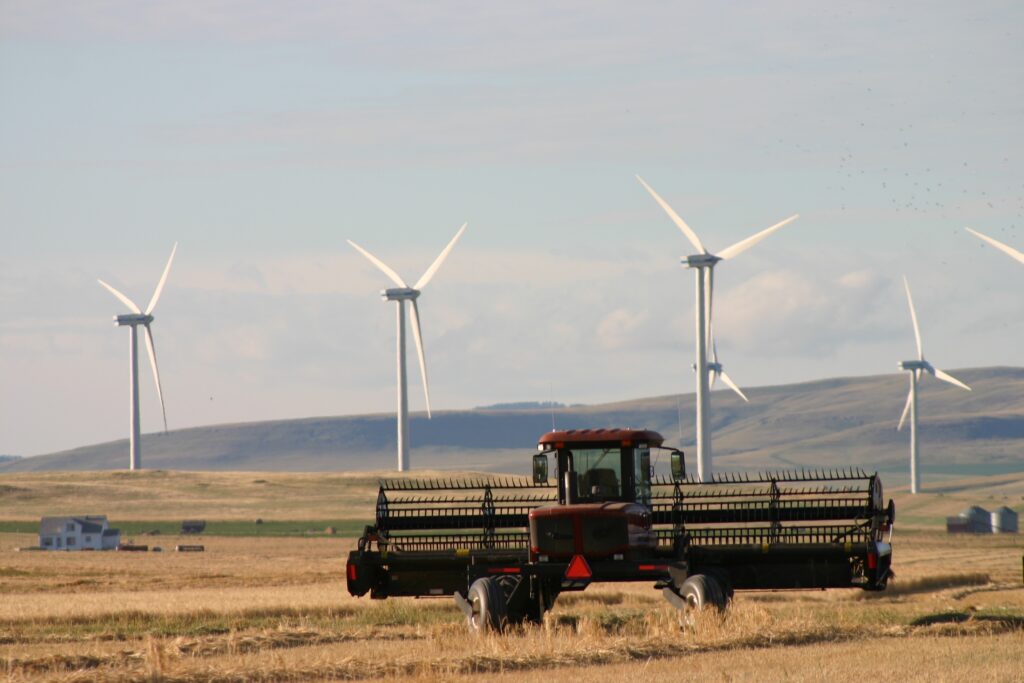Opposition to oil and gas development is a worldwide phenomenon. Some Albertans, and other Canadians, may feel like their oil is being unfairly targeted by those opposing pipelines and other fossil fuel infrastructure. But citizens and Indigenous Peoples in all corners of the world are using a myriad of creative and effective ways to oppose coal, oil, and fossil gas development.
And Canadian environmental groups receive a relatively small share of global philanthropic dollars that support anti-fossil fuel campaigns compared to the size of Canada’s oil and gas sector.
Those are the conclusions of a new report by Environmental Defence.
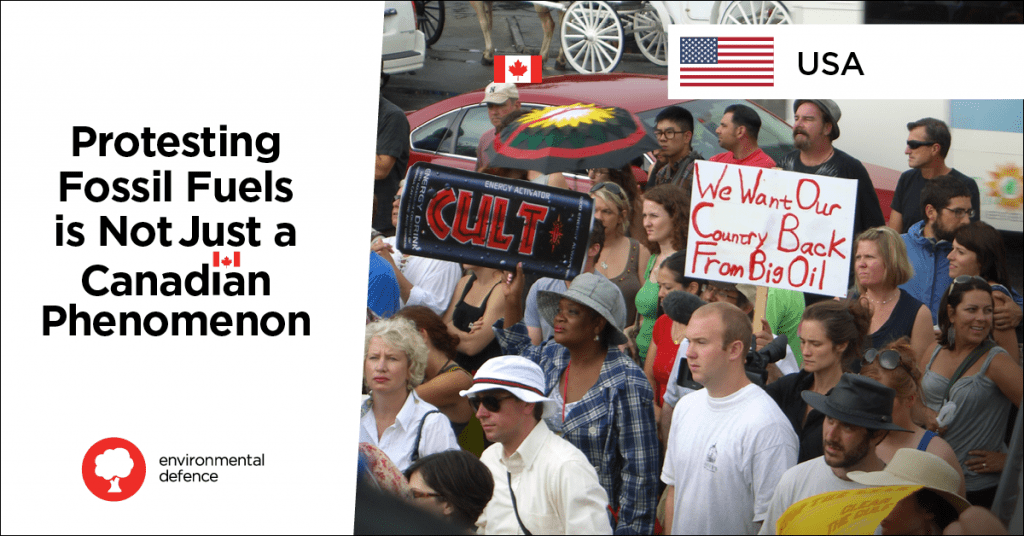
The report documents hundreds of global examples of citizens opposing oil and gas development, many of them led by Indigenous Peoples, such as:
- Erecting blockades to protect land from oil and gas development
- Taking oil companies or governments to court for their negligence or deception
- Working with governments to put into place moratoriums on oil and gas development
- Organizing campaigns to get institutions to shift investment away from fossil fuels
All this opposition makes sense. Oil and gas development impacts human health, contributes to climate change, and regularly violates Indigenous rights. If reducing climate pollution is our goal, then reducing fossil fuel production is a cheaper, more certain, and more even-handed approach than trying to limit the damage from greenhouse gas emissions after fossil fuels have been produced.
Contrary to accusations about Canada and Alberta being unfairly targeted by environmentalists, we should expect more public opposition here than we’ve witnessed, given that:
- Canada produces 5 percent of the world’s oil and 5 percent of the world’s fossil gas, but environmental groups receive only 1 percent of philanthropic funding for climate change.
- Canadian oil is the fourth dirtiest in the world when compared to 50 oil-producing countries
- Over the next five years, Canada is expected to be the second greatest contributor to increased oil production in the world
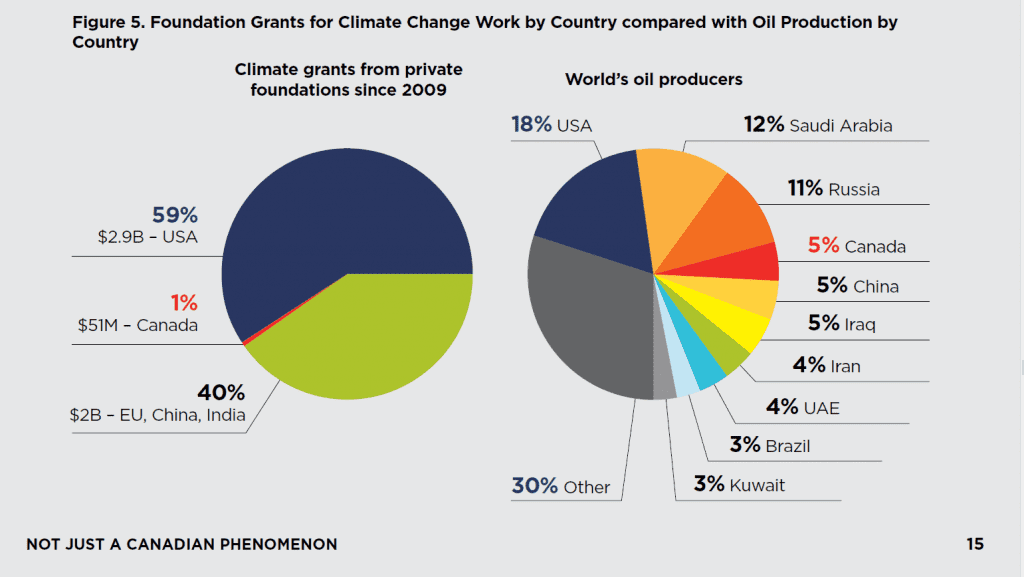
Governments across Canada should expect public mobilization and opposition to oil and gas development to ramp up again once we no longer need to physical distance to stop the spread of COVID-19. In fact, it’s clear that the Alberta government expects future public opposition to oil and pipeline projects. Energy Minister Sonya Savage said in an interview that the pandemic made it a “great time to be building a pipeline” since public protests were very difficult. The Alberta government also introduced an anti-democratic law that criminalizes protests on or near oil and gas infrastructure.
These actions by the Alberta government clearly show that opposition to oil and gas development is growing and that we should expect to see many forms of opposition to fossil fuel production both in Canada and around the world.
Stay up-to-date on environmental issues. Join our email community.



